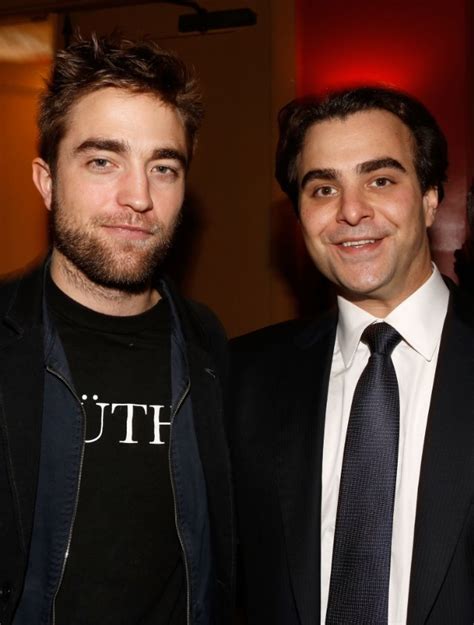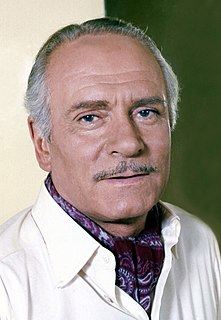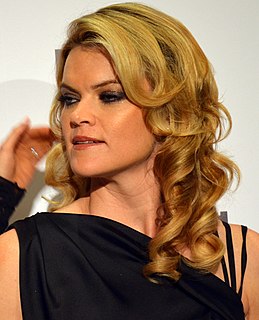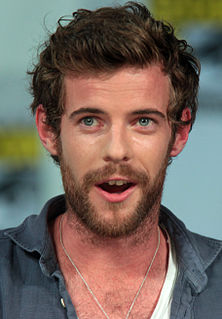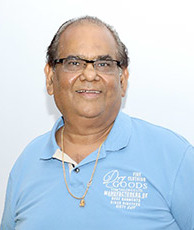A Quote by Alison Bechdel
I'd been upstaged, demoted from protagonist in my own drama to comic relief in my parents' tragedy
Quote Topics
Related Quotes
The Drama Years is filled with heart-stirring stories, just-been-there advice from recent teens and practical, actionable tips for parents. It's full of real girls talking about everything from stress and body image to love and materialism. Reading this book, I cringed in recognition of my own drama years, just wishing this book had been around back then and so grateful I'll have it as a guide for my own daughter.
A lot of times I play the villain or the comic relief, and I get to kind of play the comic relief to a degree, which is fun, but I also get to say, "You are created in the image in God. You are a perfect child of God. And this part of you is the heart of who you are. You're not alone, and you're okay just the way you are."
I knew that time would now pass for me differently than it would for him - that I, like everyone in that room, would go on accumulating loves and losses while he would not. And for me, that was the final and truly unbearable tragedy: Like all the innumerable dead, he'd once and for all been demoted from haunted to haunter.
the true art of the gods is the comic. The comic is a condescension of the divine to the world of man; it is the sublime vision, which cannot be studied, but must ever be celestially granted. In the comic the gods see their own being reflected as in a mirror, and while the tragic poet is bound by strict laws, they will allow the comic artist a freedom as unlimited as their own.
The sense of tragedy - according to Aristotle - comes, ironically enough, not from the protagonist's weak points but from his good qualities. Do you know what I'm getting at? People are drawn deeper into tragedy not by their defects but by their virtues. ... [But] we accept irony through a device called metaphor. And through that we grow and become deeper human beings.

